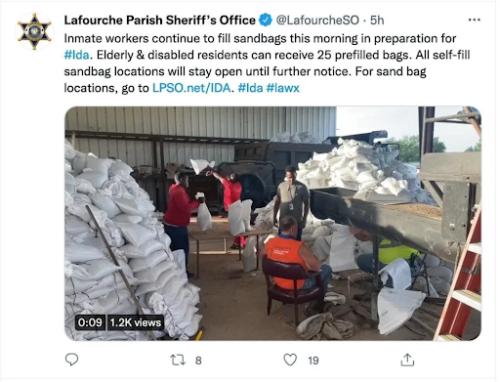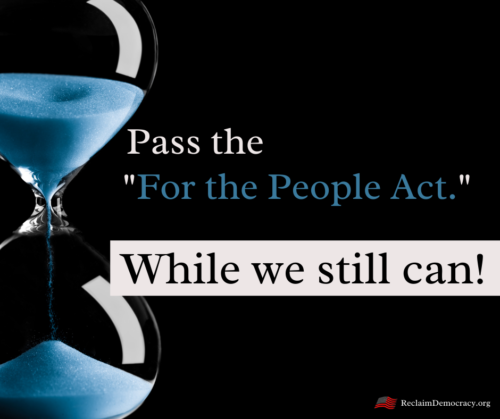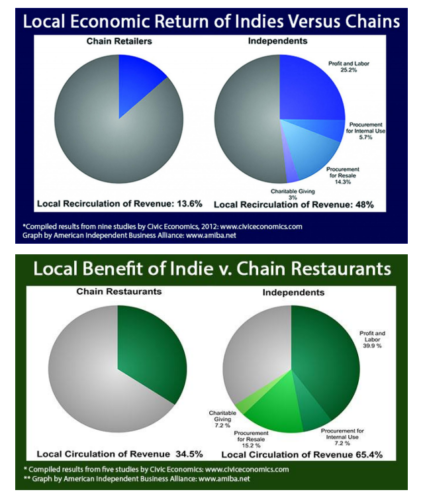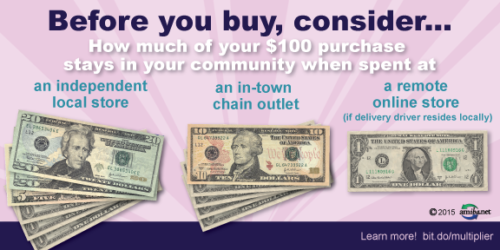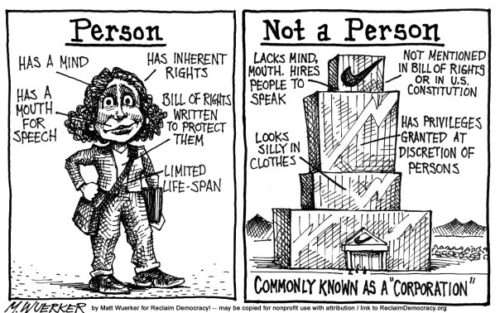On April 4 Wisconsin voters will determine the ideological balance of the state Supreme Court in an election certain to impact critical state issues and the potential to impact national governance. Conservative justices have held a 4-3 majority on the Wisconsin Supreme Court since 2008, but with one of those four retiring, the open position is a “swing seat” potentially shifting control when the new justice takes a seat this summer.
Thanks to one conservative judge refusing to join a scheme to overturn 2020 election results election-deniers on the bench, the court declined (4-3) to disqualify more than 200,000 ballots from Wisconsin’s two most populated and diverse counties. But the court has repeatedly issued anti-democracy rulings enabling voter suppression, including a 2022 ruling that outlawed the ballot drop boxes used by 40 percent of all voters in 2020. The court also enabled legislators to ban voters from having someone else mail their absentee ballot or hand it to an elections clerk.
The court upheld blatant gerrymandering by Republican legislators that virtually guarantees them a legislative majority in an evenly split state. While citizens statewide re-elected Democratic Governor Tony Evers by more than a three percent margin last year, gerrymandering helped the GOP take 64 of 99 legislative seats.
Abortion law is another issue the court may address in its next session. An 1849 Wisconsin law criminalizes abortion and subjects healthcare workers to prosecution and prison for assisting one. The law went back into effect as a result of the U.S. Supreme Court’s Dobbs v Jackson ruling last year and a lawsuit seeking to overturn the ban will almost certainly reach the supreme court this year or next.
Once elected, justices serve 10-year terms. While the elections are formally nonpartisan, political parties and PACs are fully engaged in the race, which has demolished the previous record to become the most expensive judicial race in U.S. history.
The candidates are progressive Milwaukee County Circuit Judge Janet Protasiewicz and conservative Dan Kelly, who previously served four years on the supreme court after former Governor Scott Walker (R) appointed him to complete the term of an outgoing justice, then lost his bid for election to a full term. Kelly personally promoted election fraud lies and the scheme to nominate fake electors to vote for Donald Trump in 2020.
Here’s the essential information for Wisconsin voters and a news report on the sole debate between the candidates (with video).

